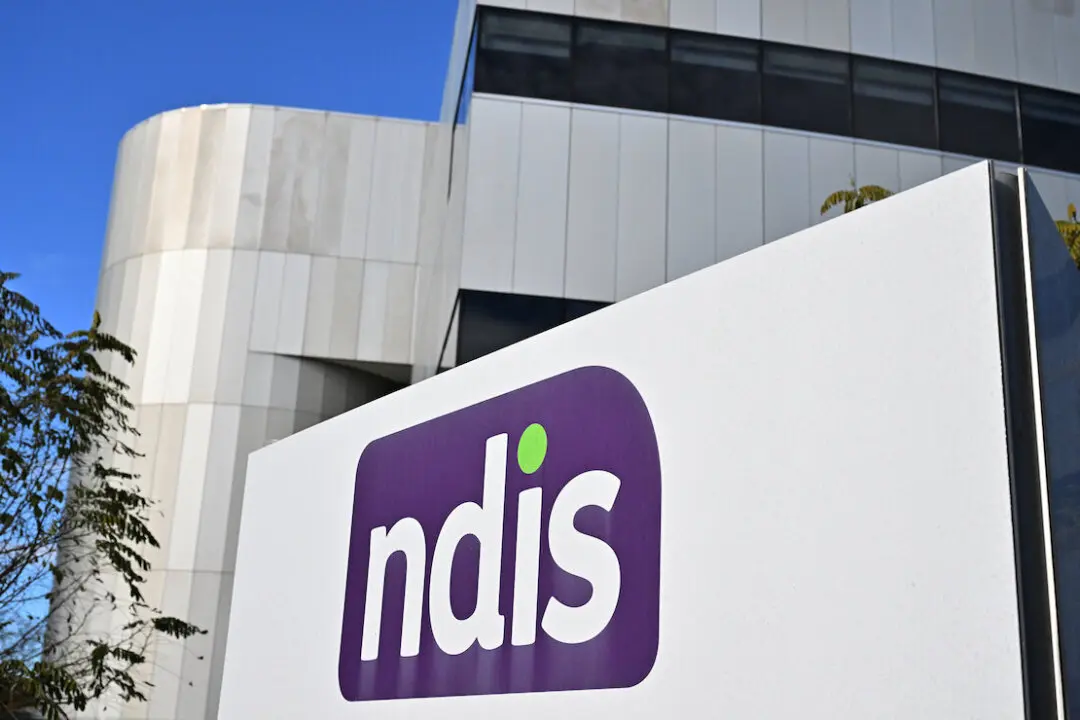The federal government plans to raise the bar for children with autism to access the National Disability Insurance Scheme (NDIS) due to cost blowouts.
People with autism and developmental delays account for 45 percent of NDIS participants, costing taxpayers $42 billion (US$27.5 billion) this financial year and $90 billion by 2030.





